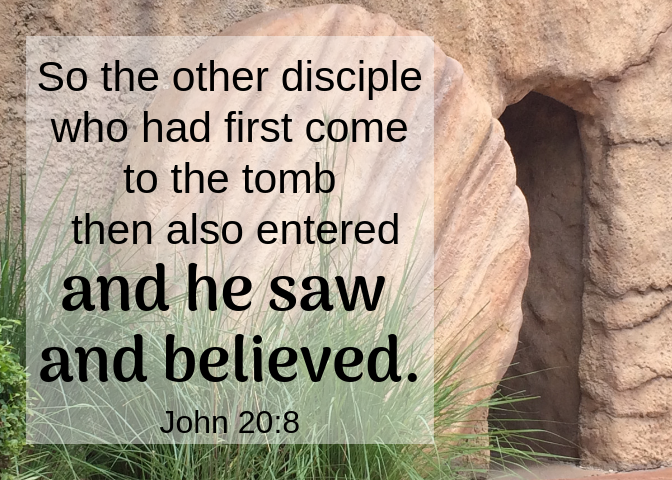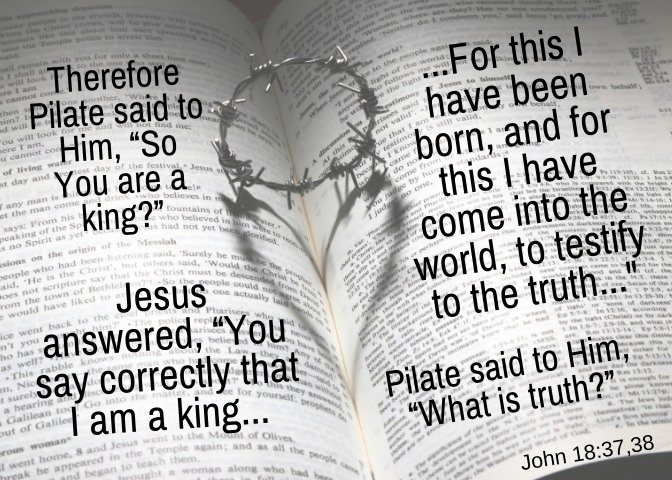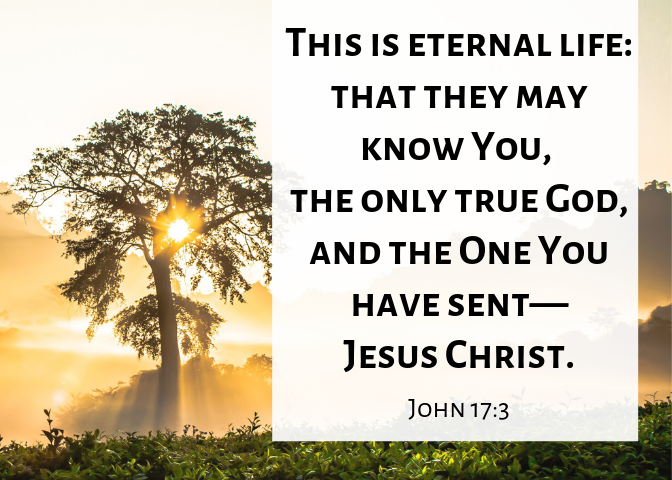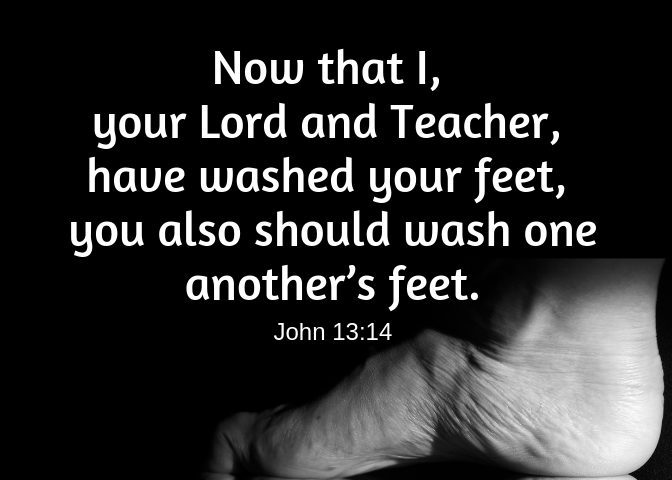John 21
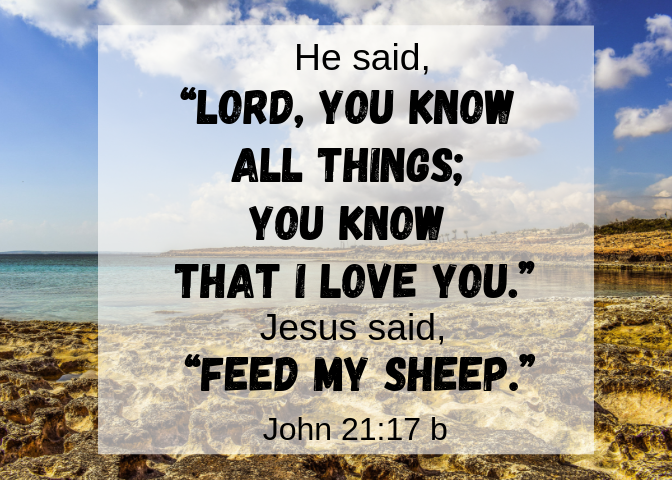
The twenty first chapter of the Gospel of John is a fascinating chapter.
Far be it from me to correct the story-telling ability of the author, but why end here? It feels like the story was wrapped up with a nice bow when the author wrote the words we looked at yesterday. Then, almost as if the author forgot a couple stories, he tags on these last couple bits. My fascination with the narration, however, does not diminish what it teaches. Of course, there is both an author and an Author, and so much is given to us in this last chapter.
What I want to focus in on, though, is what happens with Peter? Peter, Peter, Peter. He walks on water, but he doubts. He asks Jesus to wash his whole body when he only needs his feet taken care of. He says “I’ll die for you” but denies him three times. What are we gonna do with Peter?
Of course, you and I are JUST LIKE Peter.
I’ve denied Jesus.
Haven’t you?
I had my doubts after a huge moment of success, when I “walked on water.”
Haven’t you?
I put my foot so far in my mouth my toe tickled by tonsils.
Haven’t you?
So the question is not, “What are we gonna do with Peter?” The question is, “What is Jesus gonna do with Peter?” because that will let us know what Jesus is gonna do with us.
And the answer is exciting.
He makes us better.
He finds Peter and the other disciples fishing, and after helping them perform a miracle, Peter swims to shore. While ashore, Jesus asks Peter, “Do you love me?”
Every time, Peter says “Yes!”
And Jesus responds with “Feed my lambs.” “Shepherd my sheep.” “Feed my sheep.”
When a person fails to live up to the standard Jesus sets, Jesus forgives and works with us. We look at one of the most flawed characters in the New Testament and see, time and again, his failures, his misunderstandings, his sins. But because Peter trusted Jesus and wanted to follow him, Jesus doesn’t give up on Peter. Jesus lets him know that he will be with him, even in the difficult days ahead. He gives him the power and ability to lead, and Peter becomes one of the leaders in the church. He expands the mission of the church beyond Jews and to the Gentiles. He trains other Pastors/Shepherds in how to care for the people of God. (See 1 Peter 5.)
The next time you wonder “Am I useless? What can God do with me?” look to the life of Peter. Take encouragement in the beautiful truth that, if we trust and love Jesus, or even WANT to trust and love him, he will not let us go. He will fight for us, care for us, and ultimately, he will change us into the kind of person God wants us to be.
-Jake Ballard

